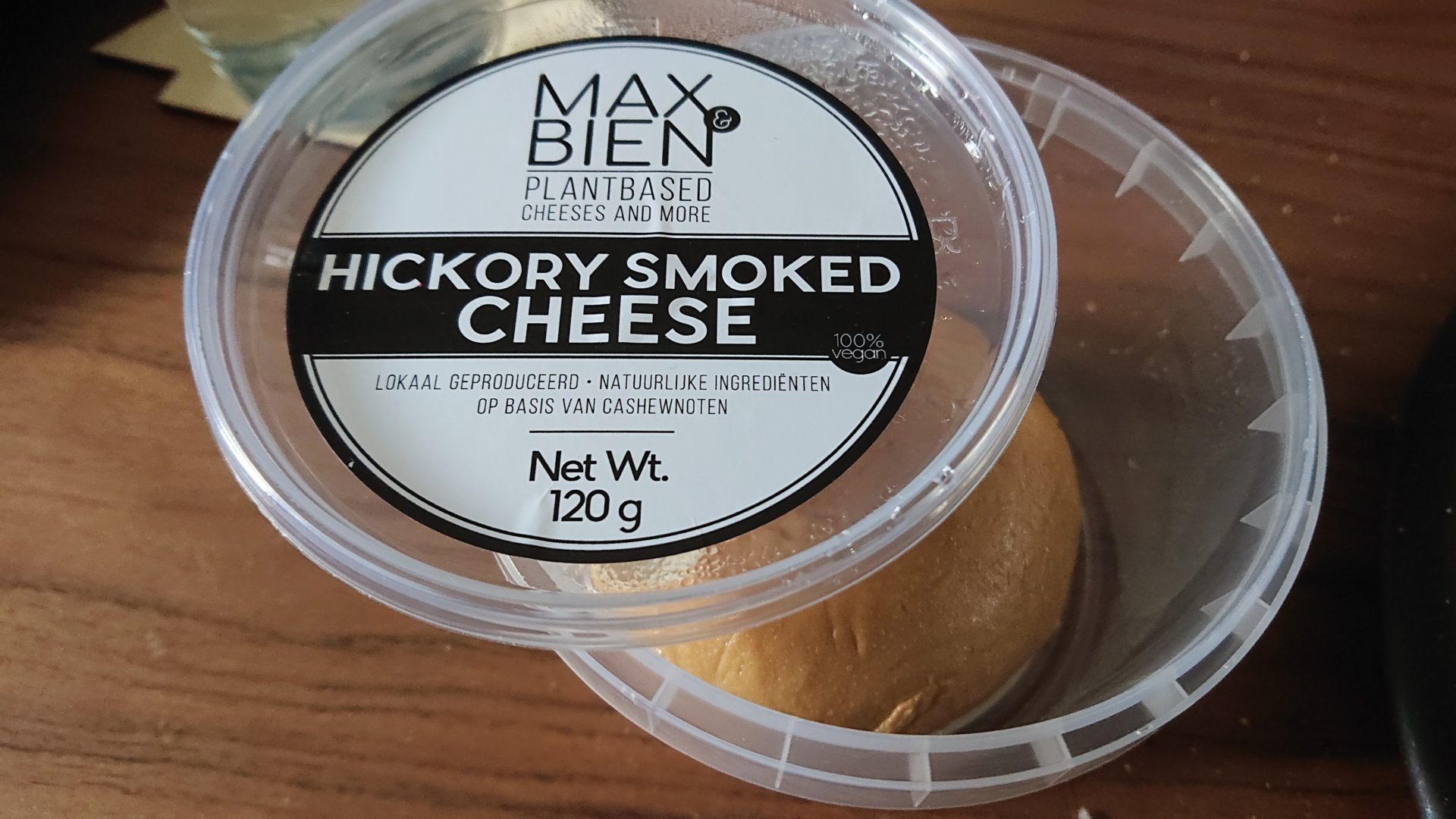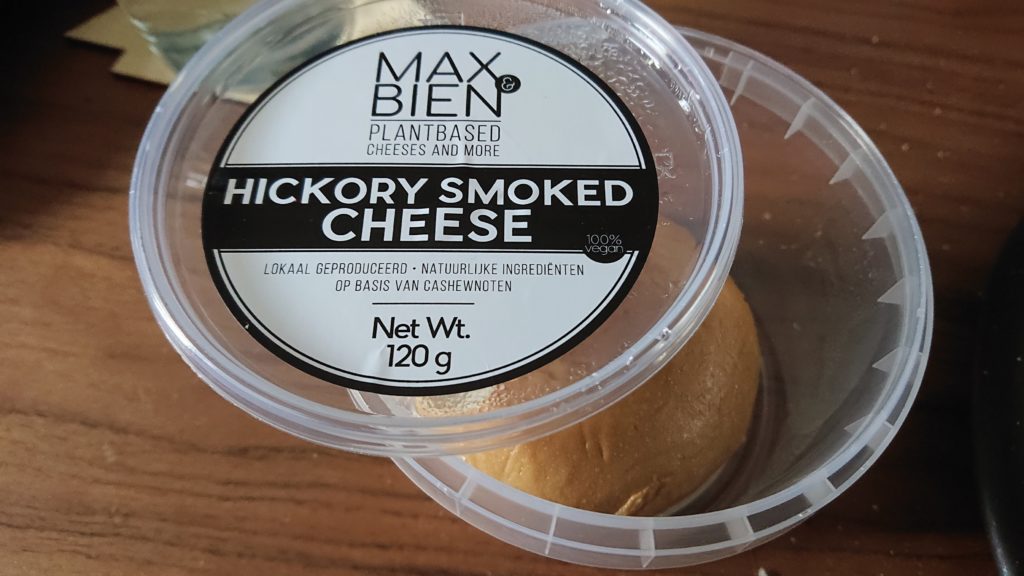Striving for Sustainable(ish) Living in the Middle of a Pandemic
Making Changes
For years, I’ve been trying to ramp up my awareness of the effects that human life generally has on things like the environment, animal welfare, even human welfare. There’s a lot to process when you look into all the ways that humans have been making the world one giant mess. And this year’s COVID-19 pandemic has further sharpened all of the edges of humanity’s many faults and failings.
At the same time, some of the things going on are heartening as much as the other things are disheartening. For example, I’ve never seen so many of my white friends really try and grasp the concept of anti-racism. To finally grok why the ideal of a colorblind world isn’t enough to actually get to that world where the color of one’s skin doesn’t matter. You can’t fix what you can’t acknowledge as being a problem.
It isn’t enough to talk about peace. One must believe in it. And it isn’t enough to believe in it. One must work at it.
Eleanor Roosevelt
But anti-racism is a topic deserving another blog post another time, although I’m already sharing lots on social media because I can speak from some level of experience. The sustainable life stuff I want to write about right here and now, I’m not really that experienced – I’m just blundering my way through to bettering myself. Although the theme is similar: we have to acknowledge this is a worldwide systemic problem that takes actual collective action from all of us to solve.
So I want to improve how I live life to come to a more sustainable level. I’ve already taken steps in recent years regarding my eating habits: I’ve stopped eating pork entirely (to the shock of my Chinese family where pork is the holy grail of cooking), reduced beef and other red meats, and genuinely love to explore all veg(etari)an foods to find easy meat replacements to incorporate in my daily cooking. For groceries, I do my best to find biological or veg(etari)an versions of what I need. Especially since I have the luxury of being able to afford throwing money at certain problems, putting my money towards sustainable products (which tend to be more expensive for the better care involved in making them) is a viable thing I can do.
And early March 2020, I had just finished reading The Sustainable(ish) Living Guide and started exploring more ways to reduce not just recycle plastics and such, when suddenly we all found ourselves in the middle of a pandemic.
Life in a Pandemic
There’s this great illustration by Dr. Zoë Ayres, analytical R&D scientist and mental health advocate in the academic sphere:
She represented our mental headspace as a flask holding our stresses: usually we’re okay because they don’t overflow the flask. But when COVID-19 is already sitting in there hogging space and then those other stresses still come along, filling up the entire flask, it’s that much easier for feelings to bubble over into mental health issues. In my case:
Suddenly keeping plastics aside to take to the recycling station a bicycle ride away wasn’t just an annoyance that I simply had to get myself over, but it was an actual drain on my energy because I would have to simultaneously tackle an ever-present anxiety over leaving the house, while seeing the bags of old plastics pile up inside as an extra stressor.
Suddenly I had to filter through so much other additional news and pressing concerns, that I was reading up on and trying to juggle so many other things, my research into sustainability took a backseat.
Suddenly I didn’t feel comfortable starting to look for ways to improve the sustainability of our house because that would require experts coming physically into our house to inspect and advise, alongside my brain needing to be able to make those plans happen.
Suddenly I still really wanted to become more sustainable, but I didn’t know where to find that mental buffer to deal with it now that all this other stuff had come along eating up mental space.
Room for Experimentation
Then again, the fact that I was (and still am) staying home most of the time, with groceries and other needs being delivered to our house, meaning I didn’t have to see anyone in person other than my partner, also gave me extra space to try out new sustainable(ish) things. For example, experimenting with all kinds of plastic-waste-free and more natural body care products – I didn’t have to worry about stinking up if a new deodorant didn’t work out for me, Ross wouldn’t care.
Take a method and try it. If it fails, admit it frankly, and try another. But by all means, try something.
Franklin D. Roosevelt
So after years of not getting all the fuss about a company like Lush, after discovering all the efforts they put into making their products more and more sustainable/ethical and package free, I was hooked. All these shampoo, conditioner, scrub, face moisturizer and more in solid bar form without any need for plastic packaging really work surprisingly well! And trying out some of their bath bombs and bubble bars and soaps has been a great addition to my self-care routine to dump out some stress from that mental flask once in a while. Edit: Since writing this blog post, I’ve stopped buying from Lush due to their UK branch charity donations to anti-trans groups. While they have apologized, I’m disappointed in the lack of due diligence and delay in said actual apology, without showing more than words. You can read more here and decide for yourself, but I’ve moved onto other brands to spoil myself with.
I’ve also found more dedicated webshops like Willicroft to order vegan cheese: now being mostly home, I don’t have to be anxious about missing packages that need to be put in the fridge. I’ve also noticed that more of my regular webshops – Picnic for grocery deliveries, Esprit and Large for clothes, HEMA for household goods – have started putting more effort in expanding their biological, vegan or otherwise more sustainable products. They’re also tagging and filtering them more clearly to make it easier to find as a consumer.

And I consciously pick those products to buy, so my money is spent encouraging these companies to keep up that exact effort. Because we all know money talks.
All The Small Things
Not everything has settled in my mental flask to make room for all my previous plans yet – I’m still dreading the idea of getting our house worked on. Mostly because it’s an old house with very little attention paid to this by previous owners, therefore such a huge project. My executive functioning required to plan and follow through on such a big project is already pushed to the max with just trying to stay productive at the healthcare tech startup I work at (which is dealing with its own pandemic-related troubles, though not half as bad as other industries).
Even with the smaller positive things I can do, some of them end up being linked to different negative things that throw me for a loop. Like the cashew-based vegan cheeses I discovered, where a friend pointed out that most cashews are made in the most unethical ways regarding human welfare. This bothered me until I could confirm that the vegan cheese company I was buying from was also making sure their suppliers were fairtrade, ensuring both animal and human welfare in the process. Or all the issues surrounding soy as a meat/milk alternative with, on the flip side, huge consequences for the good of the environment.
All these issues are in some way linked and interconnected, which makes the small things we can do as a simple individual consumer seem that much smaller on the grand scale of everything. Unless we make sure that whatever we choose to do, the underlying components try to hold all these different aspects in mind.
You must do the things you think you cannot do.
Eleanor Roosevelt
Yet if we all try to make these small things happen for ourselves, by becoming at least more aware and choosing more consciously, even when those choices can’t always go towards the very absolute best sustainable ones and instead we have to go for the next (and next after that) best things because for some reason (money, mental health, you name it) we cannot afford to…
Then it’s still so much better than going for the default worst things. All those little actions of us put together are gonna accumulate to something meaningful on that larger scale. We’re already seeing that with the anti-racism awareness finally taking flight: we have allies pitching in in greater numbers, making the overall fight easier on all of us. This pandemic is 99% absolutely awful and devastating, but in freeing up room to pull up together for these things – silver linings, and all that.
Things do not change; we change.
Henry David Thoreau
And that gives me hope, in all the misery that’s currently going around. Pandora’s Box never fails.

